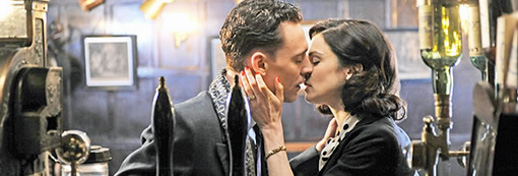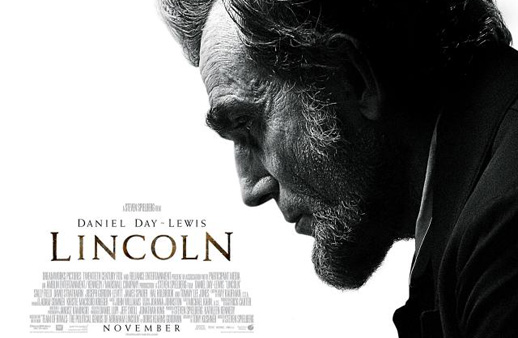
As 2012 draws to a close, films’ Awards Season is well underway.
Last Tuesday, December 4th, VanRamblings reported out on the winners of the New York Film Critics Circle awards. Sunday, December 9th, several other critics’ associations announced their winners of 2012’s top film prizes.
The most prestigious and influential of the film critics associations announcing awards on Sunday afternoon was the 35-member Los Angeles Film Critics Association, who released their list of awards for Best Films and Film Performances of 2012. The tender study of an elderly couple in their twilight years, named Palme D’Or winner at Cannes and at the recent European Film Awards, Michael Haneke’s Amour was chosen overwhelmingly as Best Picture in voting by the Los Angeles Film Critics Association. Paul Thomas Anderson was voted Best Director for The Master, which presents a portrait of a charismatic cult-like figure. The Master also won a Best Actor nod for Joaquin Phoenix and Best Supporting Actress for Amy Adams.
The Los Angeles Critics Association vote halted earlier momentum for Zero Dark Thirty, which won Best Picture and Directing nods for Kathryn Bigelow from the New York Circle of Film Critics, National Board of Review, the Boston Society of Film Critics, and the New York Film Critics Online (click on the preceding links for a full list of the winners). Bigelow was the Los Angeles group’s runner-up. The full LA Film Critics awards are as follows …
BEST PICTURE: Amour
Runner-up: The Master
BEST DIRECTOR: Paul Thomas Anderson, The Master
Runner-up: Kathryn Bigelow, Zero Dark Thirty
BEST ACTRESS (TIE): Jennifer Lawrence, Silver Linings Playbook Emmanuelle Riva, Amour
BEST ACTOR: Joaquin Phoenix, The Master
Runner-up: Denis Lavant, Holy Motors
BEST SUPPORTING ACTRESS: Amy Adams, The Master
Runner-up: Anne Hathaway, The Dark Knight Rises & Les Miserables
BEST SUPPORTING ACTOR: Dwight Henry, Beasts of the Southern Wild
Runner-up: Christoph Waltz, Django Unchained
BEST SCREENPLAY: Chris Terrio, Argo
Runner-up: David O. Russell, Silver Linings Playbook
BEST EDITING: Dylan Tichenor and William Goldenberg, Zero Dark Thirty
Runner-up: William Goldenberg, Argo
BEST ANIMATION: Frankenweenie
Runner-up: It’s Such A Beautiful Day
BEST FOREIGN-LANGUAGE FILM: Holy Motors
Runner-up: Footnote
BEST CINEMATOGRAPHY: Roger Deakins, Skyfall
Runner-up: Mihai Malaimare Jr., The Master
BEST DOCUMENTARY: The Gatekeepers
Runner-up: Searching For Sugar Man
NEW GENERATION AWARD: Benh Zeitlin, Beasts Of The Southern Wild
BEST MUSIC SCORE: Dan Romer and Benh Zeitlin, Beasts of the Southern Wild
Runner-up: Jonny Greenwood, The Master
BEST PRODUCTION DESIGN: David Crank and Jack Fisk, The Master
Runner-up: Adam Stockhausen, Moonrise Kingdom
DOUGLAS EDWARDS EXPERIMENTAL/INDEPENDENT FILM/VIDEO AWARD: Leviathan
![]()
![]()
![]()
Come back later in the week for a listing of VanRamblings’ favourite films currently playing around town, or due to open soon.


